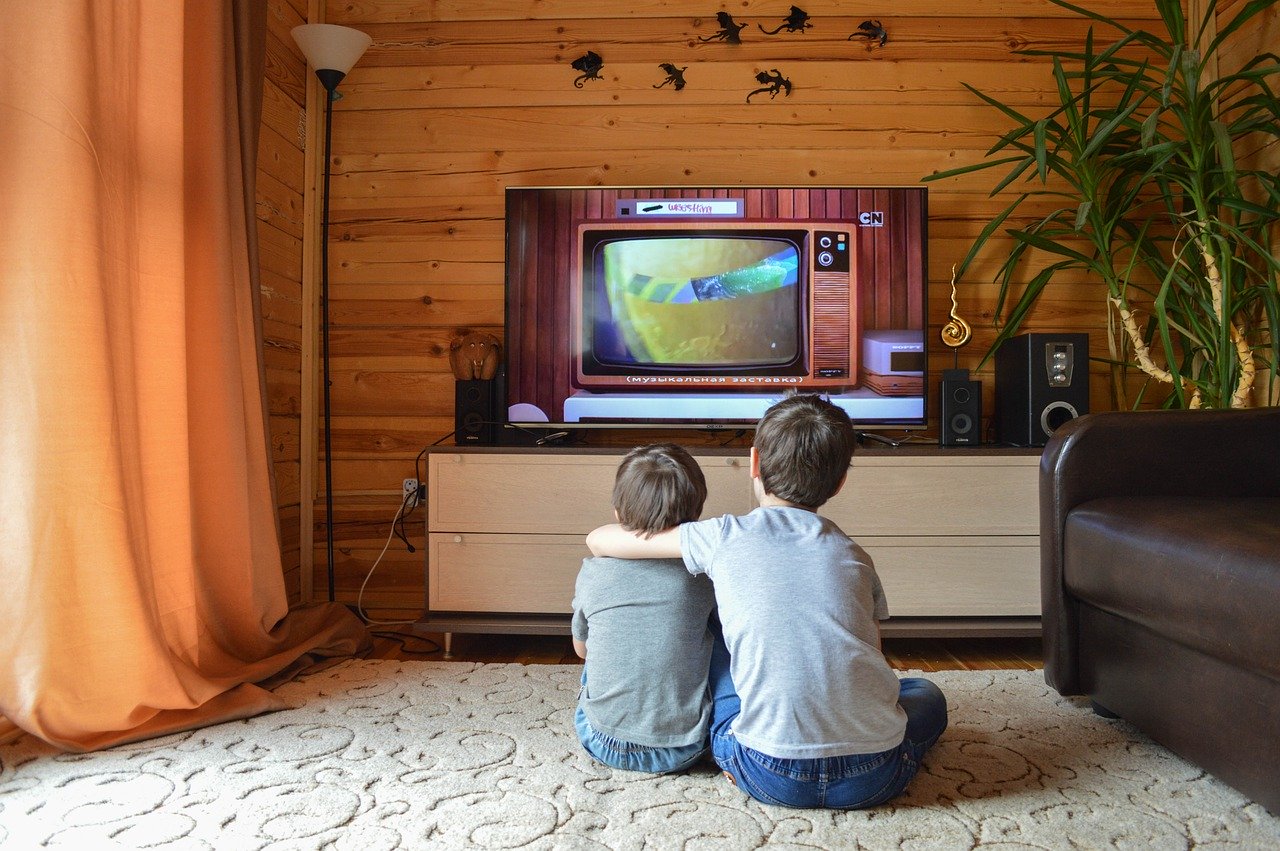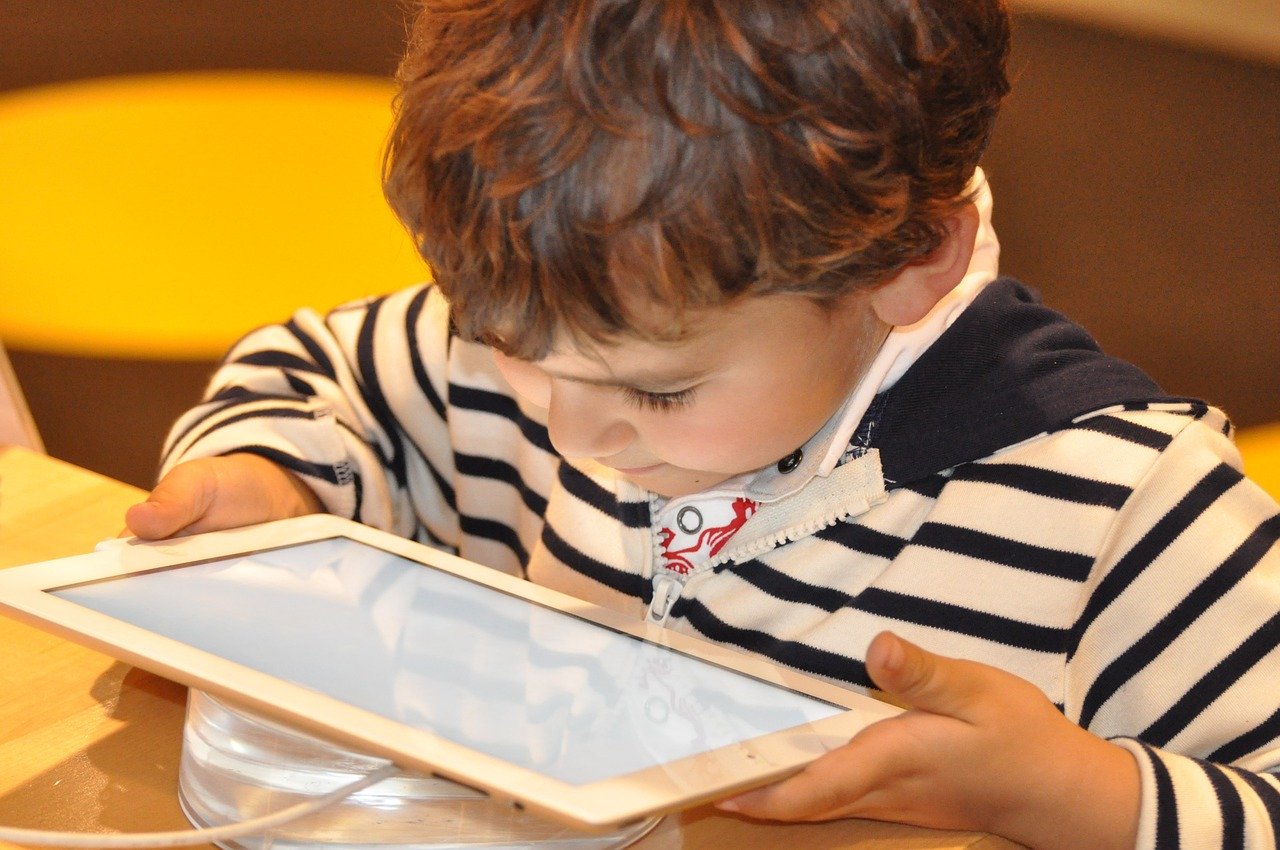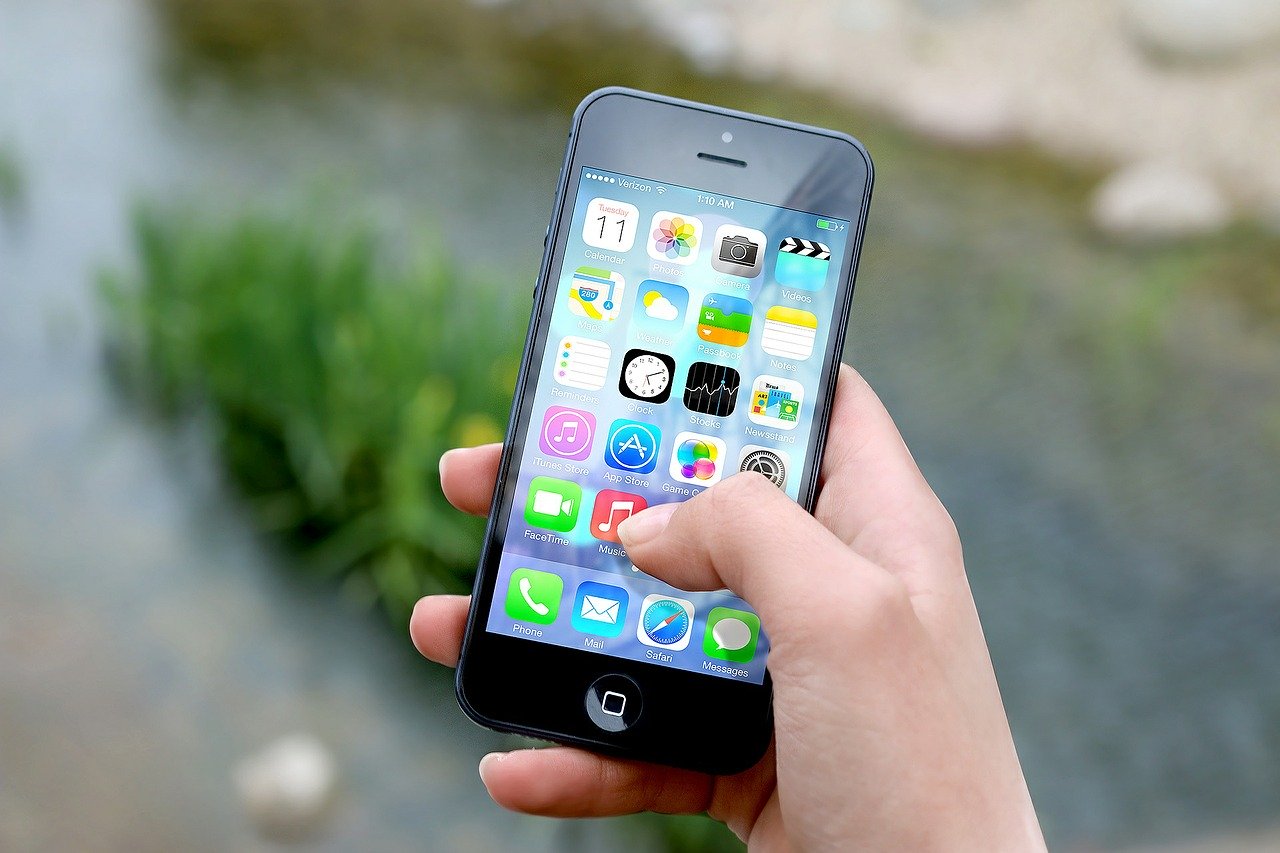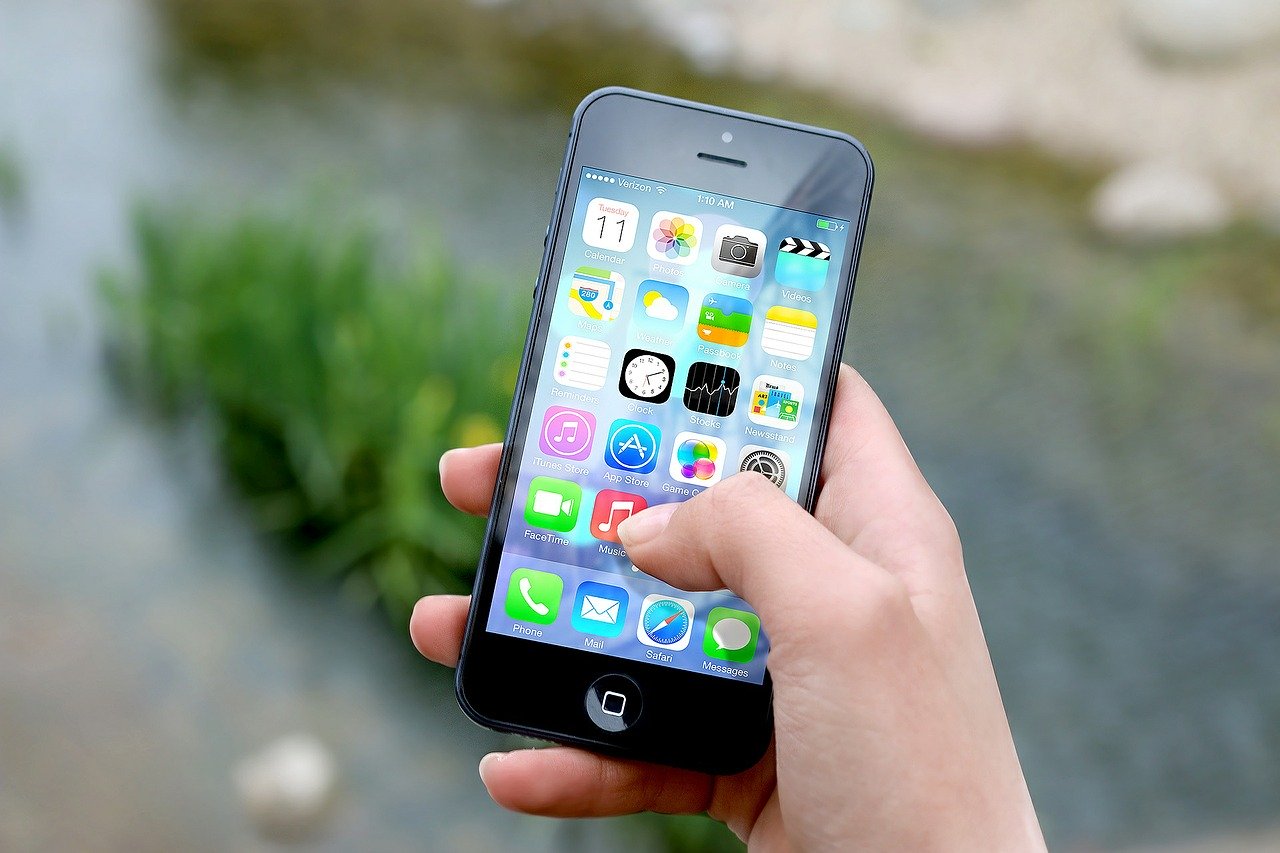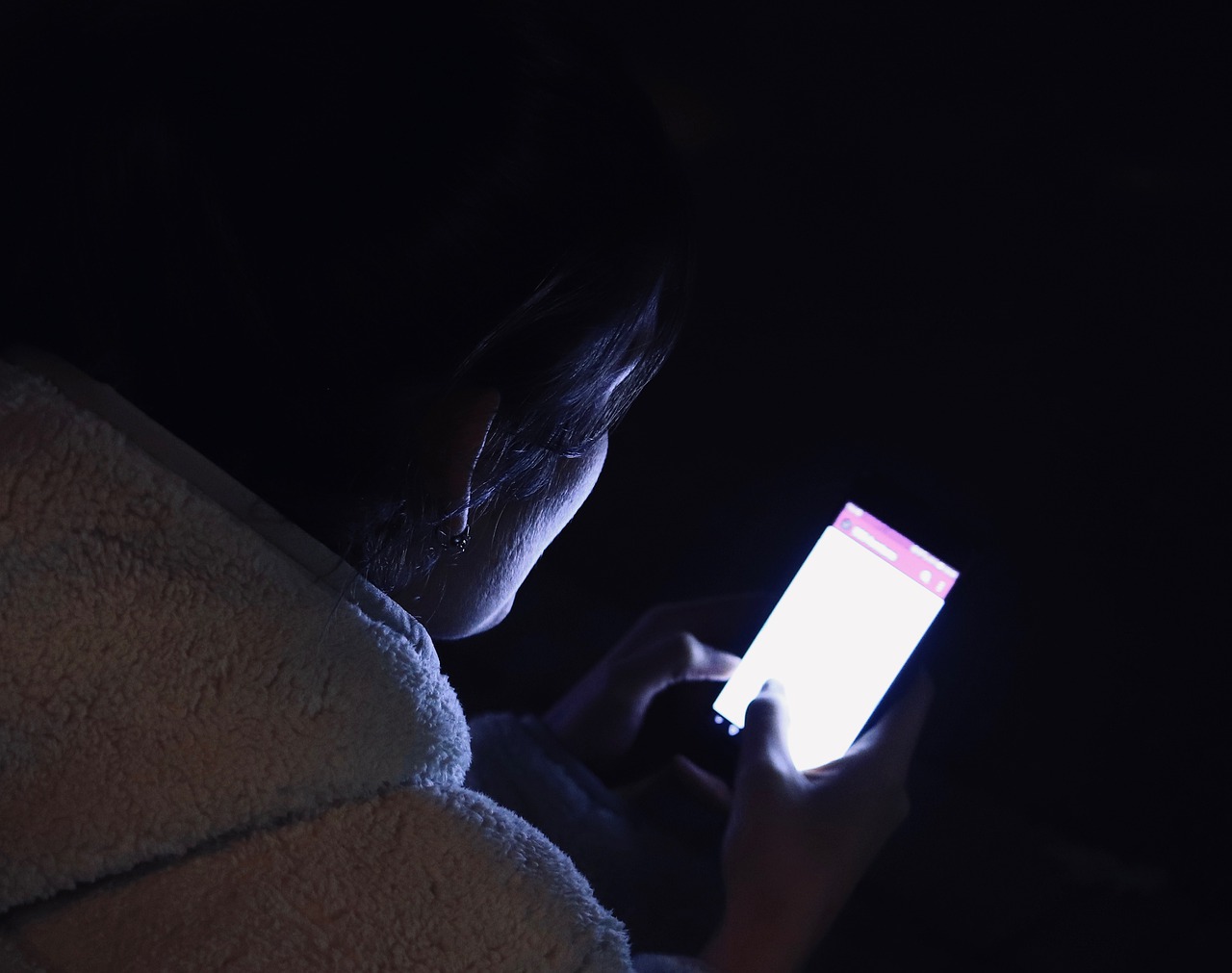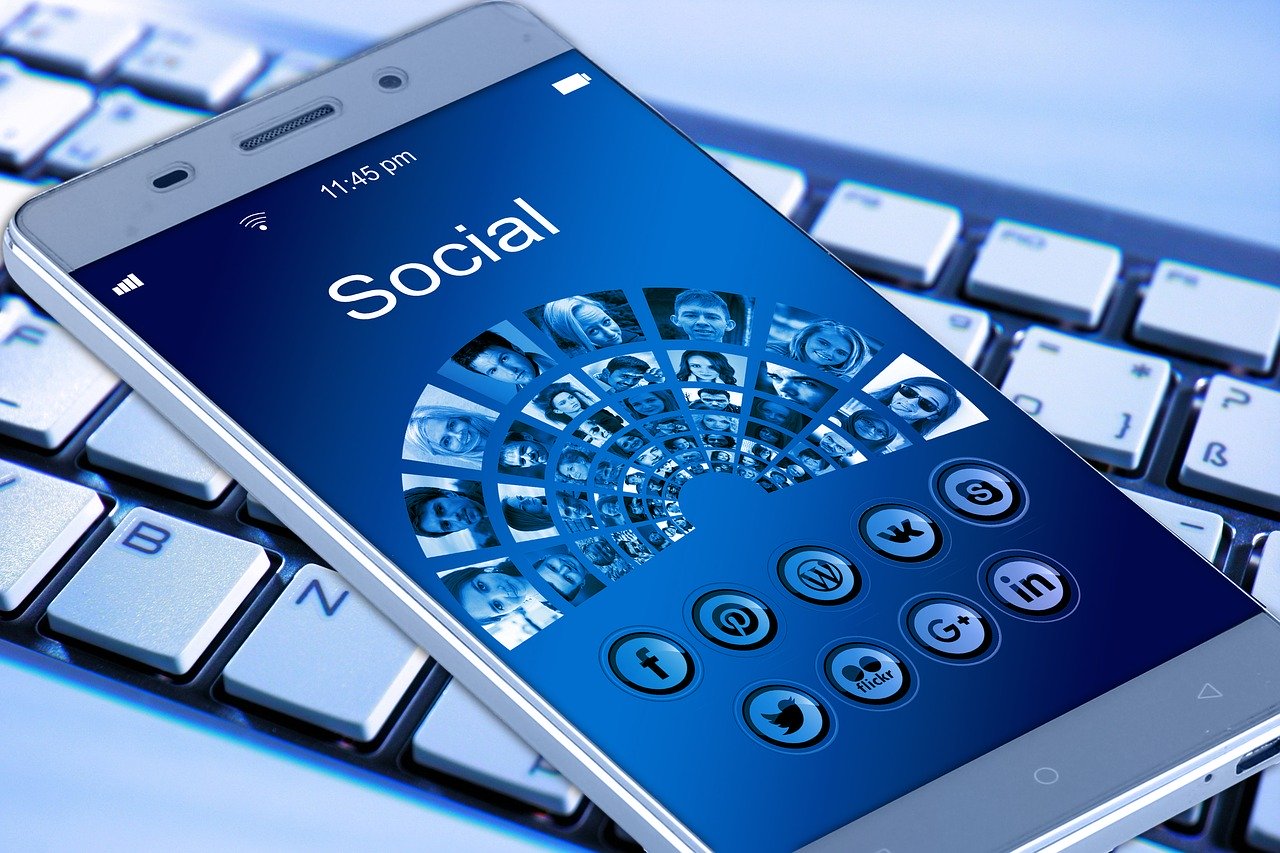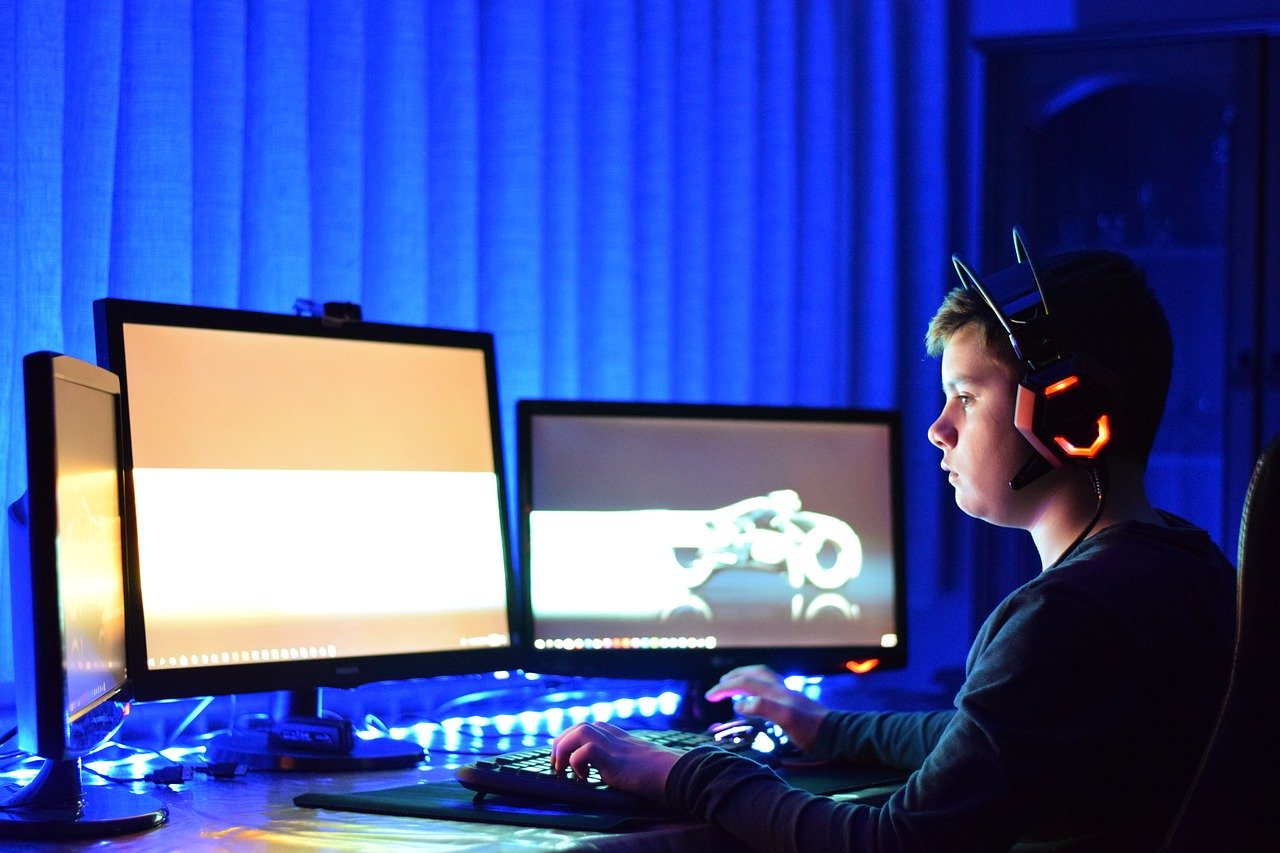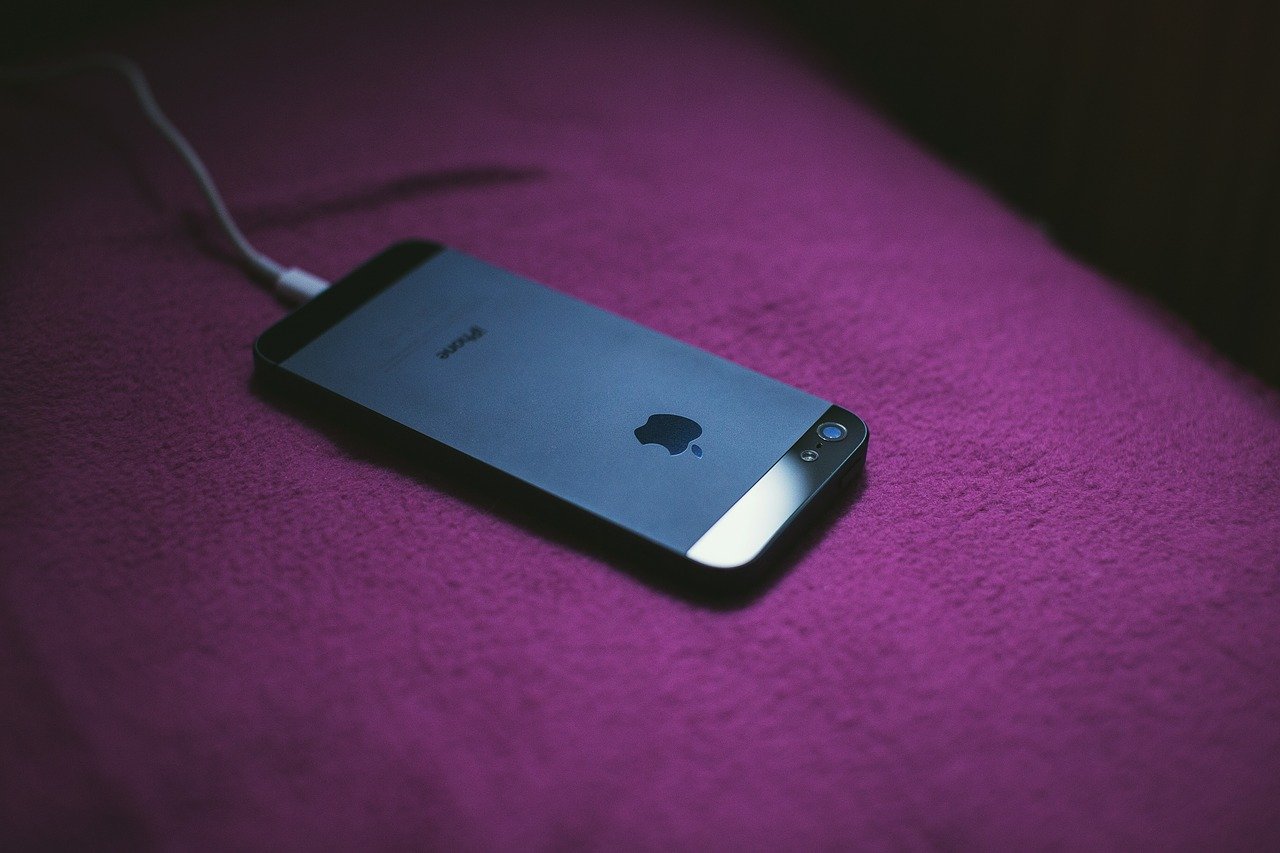In January 2019 researchers from the UK published the results of their study to assess the association between screen use and anxiety and depression in young people. A total of … Read more
Adolescent girls who watch television with high levels of relational aggression, eg soaps, reality television, etc, appear to send texts with a higher level of aggression whereas for boys it is the time they spend watching television in general which appears to predict the level of aggression in texts
In May 2019 researchers from the USA published the results of their study to assess the association between relational aggression on television and relational aggression in text messaging. Relational aggression, … Read more
Scientists, public health practitioners and parents need to better understand the content of their child’s screen time, how they use screens to fulfill specific needs, and how their interaction with screens has an impact on their health and choices
In May 2020 researchers from the USA published their review on the association of extended television viewing with obesity in adolescents. The researchers stated that on a global basis, adolescent … Read more
There appears to be a significant association between increased screen viewing time and reduced sleep duration in young children, with the association being stronger in those aged 6 months and below
In January 2019 researchers from Singapore, USA and Germany published the results of their study to assess the association between screen viewing time and sleep duration in children aged 2 … Read more
The healthy eating community on Instagram appear to have a higher incidence of orthorexia nervosa symptoms
In June 2017 researchers from the UK published the results of their study to assess the links between social media use, in particular Instagram, and symptoms of orthorexia nervosa (an … Read more
Individuals who use mobile phones extensively appear to experience headaches slightly more frequently – but not if Global System for Mobile Telecommunications technology is being used
In July 2019 researchers from Finland, Sweden, UK, France, The Netherlands and Denmark published the results of their study to assess the association between amount of mobile phone use and … Read more
Researchers call for governments, public health authorities and healthcare professionals to warn the population that having a mobile phone next to their body is harmful and to support measures to reduce all exposures to radiofrequency electromagnetic radiation
In August 2019 researchers from Canada, USA, Sweden and Australia published their review on the risks to health and well-being from radiofrequency electromagnetic radiation from mobile phones and other wireless … Read more
Radiofrequency electromagnetic radiation, such as that produced by mobile phone technology, may have an adverse effect on behaviour
In August 2019 researchers from the United Arab Emirates, Saudi Arabia, Finland and India published their review on the effects of radiofrequency electromagnetic radiation on the brain and behaviour. The … Read more
Radiofrequency electromagnetic radiation, from sources such as mobile phones and base stations, has been classified by the International Agency for Research on Cancer as a possible human carcinogen despite study results not being consistent
In March 2019 researchers from Poland published their review on the mobile phone radiation and its effect on health. The researchers stated that exposure to radiofrequency electromagnetic radiation, from sources … Read more
A 30-minute exposure to mobile phone radiation appears to have a significant effect on cognition, especially in individuals with epilepsy
In March 2019 researchers from Egypt published the results of their study to assess the effect of mobile phone radiation on cognition in individuals with epilepsy. A total of 30 … Read more
Depending on the breathing rate, mobile phone use may affect heart rate variability
In October 2018 researchers from Hungary published the results of their study to assess heart rate during short-term 1,800MHz GSM mobile phone exposure. A total of 20 healthy individuals were … Read more
Interrupted sleep, caused by overnight smartphone use, appears to lead to a higher body mass index
In October 2018 researchers from Denmark published the results of their study to assess whether there was any association between overnight smartphone use and associated interrupted sleep with mental and … Read more
An analysis of Pininterest reveals that over 68% of the recommended recipes for homemade sunscreens offer insufficient ultraviolet radiation protection
In May 2019 researchers from the USA published the results of their study to assess homemade sunscreens on social media, specifically Pinterest, which has over 175 million users. Recent interest … Read more
Viewing selfies online appears to have a negative impact on the well-being and body confidence in adolescents
In July 2019 researchers from Australia, France and the USA published their review of the medical scientific literature to assess the relationship between taking “selfies” with well-being and body confidence … Read more
Researchers state it is time to critically reflect on the current business model of ‘user data in exchange for app-use allowance’ and that instead it might be better to ban or regulate certain design elements in apps to come up with less addictive products
In July 2019 researchers from Germany published the results of their analysis of different smartphone apps in an attempt to identify design elements that prolong app usage. This analysis was … Read more
Social media overuse appears to be associated with a high risk of depressive symptoms in adolescent girls
In June 2019 researchers from Estonia published the results of their study to assess the association between social media addiction and depressive symptoms in adolescent girls. A total of 397 … Read more
Addictive social media use reflects a need to feed the ego (ie narcissistic personality traits) in an attempt to prevent a low self-esteem
In January 2017 researchers from Norway and the UK published the results of their study to assess the association between addictive use of social media, narcissism, and self-esteem. It has … Read more
Smartphone use may contribute to the risk of musculoskeletal disorder and pain
In December 2018 researchers from Thailand, Australia and the UK published their review of the medical scientific literature to assess the effect of smartphone use on musculoskeletal disorders and pain. … Read more
An investigation into the quality and safety of generic versus Apple-brand chargers has found that the majority of the generic chargers fail basic safety tests with a resultant increase in the risk of electric current injuries
In July 2019 researchers from the USA published a case report concerning a 19-year-old woman who had suffered a burn from her generic iPhone charger. Many children and adolescents charge … Read more
Living near power lines and maternal cordless phone use before and during pregnancy appears to be significantly associated with speech problems in the offspring but no link has been found between maternal mobile phone use and speech problems
In February 2019 researchers from Iran published the results of their study to assess whether exposure to common sources of radiofrequency electromagnetic fields either prior to or during pregnancy was … Read more


